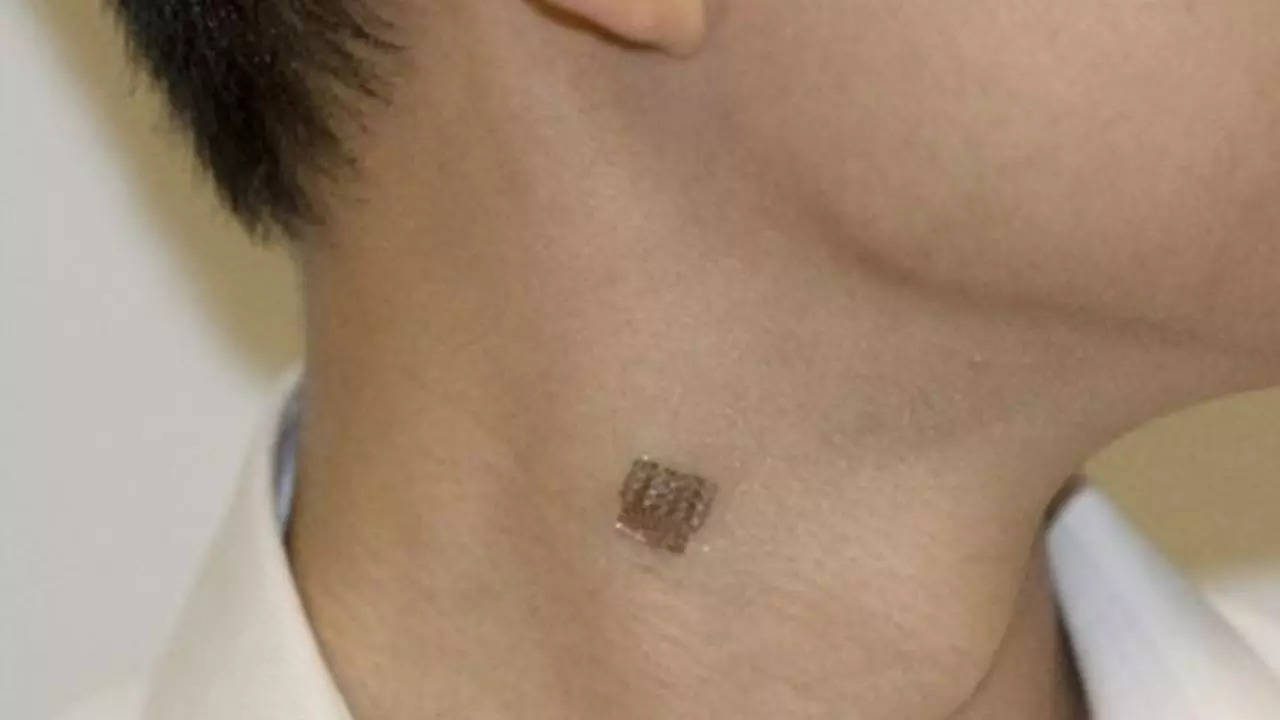New research from RMIT University found confined and isolating environments changed the way people smelled and responded emotionally to certain food aromas. The team in this study compared 44 people's emotional responses and perception of eight food aromas in two environmental scenarios: sitting in reclined chairs that mimic astronauts' posture in microgravity; and then in the confined setting of the International Space Station (ISS), which was simulated for participants with virtual reality goggles. The aromas the team tested on participants were vanilla, almond, lemon, lemon myrtle, eucalyptus, peppermint, vinegar and lemongrass.
The research, published in Food Research International , builds on previous work by the team and aims to help explain why astronauts report meals taste different in space and struggle to eat their normal nutritional intake over long missions, which has been reported in the news recently. The study has broader implications for further research to improve the diets of isolated people, including nursing home residents, by personalizing aromas to enhance the flavour of their food. Most food aromas were perceived more intensely in the VR simulation Co-lead Dr Julia Low said the team found the VR simulation offered an immersive experience of a confined environment, evoking more intense perceptions of all the food aromas tested, except lemongrass, than the microgravity posture.
Her RMIT colleague Dr. Lisa Newman co-led the research and PhD scholar Grace L.


















